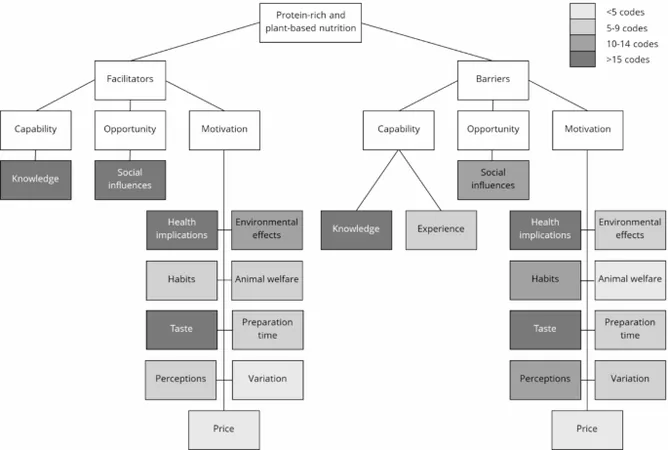
Unlocking the Secrets of Plant-Based Diets for Adults 55+: Navigating Health and Nutrition
2025-08-27
Author: Yu
The Aging Dilemma: Why Muscle Matters
As we age, maintaining muscle mass and strength becomes crucial for living a vibrant life. Sarcopenia, an age-related loss of muscle, can lead to serious health issues like physical disability and decreased quality of life. Experts suggest that older adults should aim for higher protein intake—at least 1.0 to 2.0 grams per kilogram of body weight per day—to counteract this decline.
The Protein Challenge: Animal vs. Plant Sources
Typically, older adults increase their protein intake by consuming more animal products, which boast higher protein content. Studies reveal that when asked to up their protein intake, participants leaned heavily on animal sources. Unfortunately, this shift causes plant-based protein intake to stagnate, making it hard to meet dietary guidelines if one relies chiefly on plant sources.
Environmental Impacts vs. Dietary Choices
While animal agriculture is a significant contributor to greenhouse gas emissions, there’s a call for adults to consume at least 60% of their protein from plant sources to protect the planet and improve health outcomes. For those aged 55 and up, achieving this while ensuring sufficient protein intake presents a unique set of challenges.
Insights from Focus Groups: What Older Adults Think
Recent focus group discussions with adults aged 55+ unveiled motivating factors and barriers to embracing plant-based diets. Most participants highlighted health as their primary motivation, influencing their food choices significantly. However, misconceptions about plant-based diets and a lack of knowledge about protein-rich plant sources surfaced as common challenges.
Barriers to Change: What Needs to Improve?
Many participants expressed resistance, driven by taste preferences and the comfort of established eating habits. While some agreed on the importance of health and environmental benefits, these motivations did not always translate into actionable dietary changes.
Recommendations for a Thriving Transition
Participants voiced a strong need for resources such as recipes, meal planning tools, and clear nutritional information to help make the transition to a protein-rich, plant-based diet easier. Enhancing awareness around the nutritional values and health benefits of plant-based foods could empower older adults to embrace these dietary changes.
A Call to Action: Bridging the Gap Between Awareness and Practice
The insights gathered suggest that improving knowledge about plant-based diets is essential. Policymakers could play a vital role by implementing educational campaigns that highlight the benefits and provide easy-to-follow resources. By motivating older adults to make healthier choices, we can pave the way for better health and a reduced environmental footprint.
Looking Ahead: Future Research Directions
Further studies should focus on how these perspectives translate into dietary behavior in real-world settings. Understanding the practical applications of these insights will be critical in fostering lasting dietary shifts among older adults.



 Brasil (PT)
Brasil (PT)
 Canada (EN)
Canada (EN)
 Chile (ES)
Chile (ES)
 Česko (CS)
Česko (CS)
 대한민국 (KO)
대한민국 (KO)
 España (ES)
España (ES)
 France (FR)
France (FR)
 Hong Kong (EN)
Hong Kong (EN)
 Italia (IT)
Italia (IT)
 日本 (JA)
日本 (JA)
 Magyarország (HU)
Magyarország (HU)
 Norge (NO)
Norge (NO)
 Polska (PL)
Polska (PL)
 Schweiz (DE)
Schweiz (DE)
 Singapore (EN)
Singapore (EN)
 Sverige (SV)
Sverige (SV)
 Suomi (FI)
Suomi (FI)
 Türkiye (TR)
Türkiye (TR)
 الإمارات العربية المتحدة (AR)
الإمارات العربية المتحدة (AR)